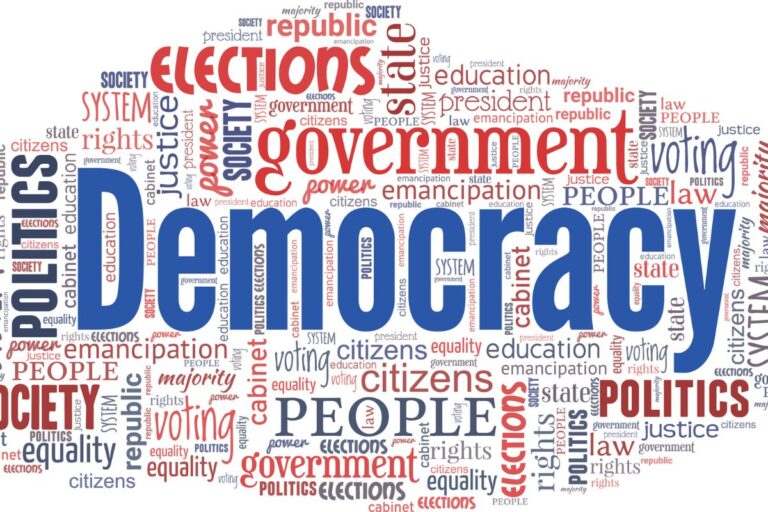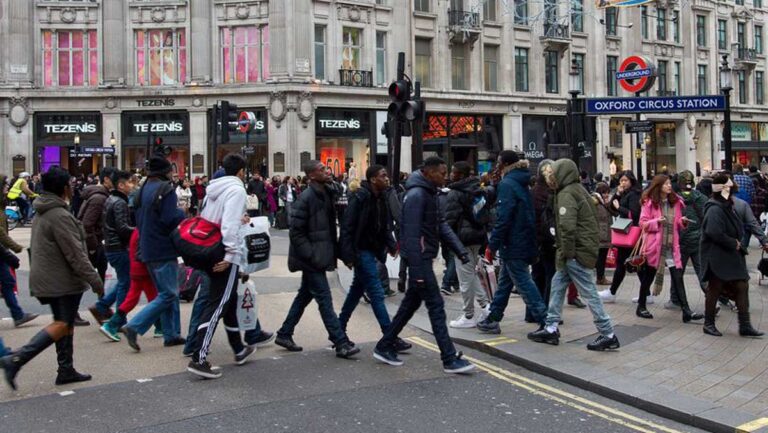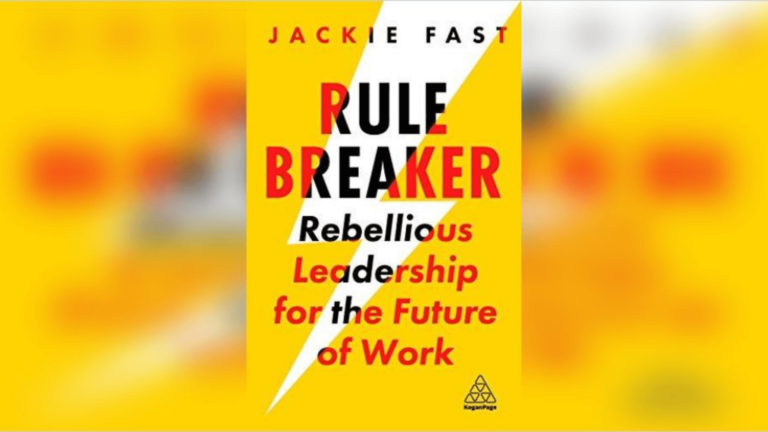The Monetary Policy Committee (MPC) of the Central Bank of Nigeria (CBN) has increased the benchmark interest rate (MPR) by 25 basis points to 18.75% from 18.5%, highest interest rate in 22 years. This is the conclusion of the first meeting under President Bola Tinubu, the first under the chairmanship of the acting governor FolashadeShonubi.

Before the July meeting, NBS released the June surprising inflation numbers of 22.7% that showed lower than expected impact of the fuel subsidy removal. Inflation is expected to rise further following second and third order impact of fuel subsidy removal. Notwithstanding, demand’s response to price changes is weak due to structural issues and further interest rate hikes only worsen the situation. First, a chunk of the Nigeria economy is not dependent on credit. Second, the major pass through of inflation is the exchange rate. Third, there is extremely accommodative monetary policy through fiscal deficits and significant supply constraints.
The major impact of the rate hike will be on businesses with bank loans. They receive letters about what the rate hike means for the interest they pay on their bank loans.Currently, the prime lending rate which stood at 14.71% and the maximum lending rate which is 28.31% will be adjusted upward with the new hike in the MPR. Thishigher borrowing costs for businesses is weakening businesses and the banks and slowing down economic activity. Few weeks ago, we analysed here how there has been a shift by the businesses towards commercial papers, with an average rate of about 14% – 16%.












